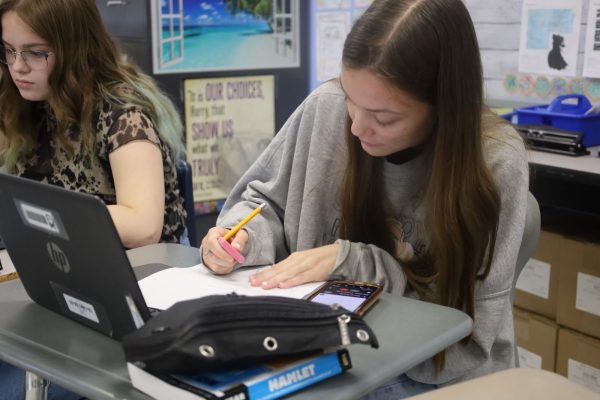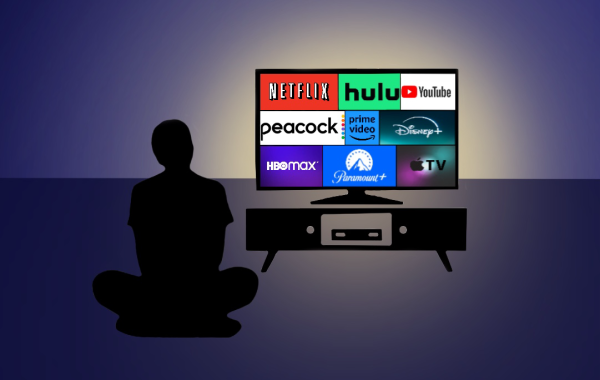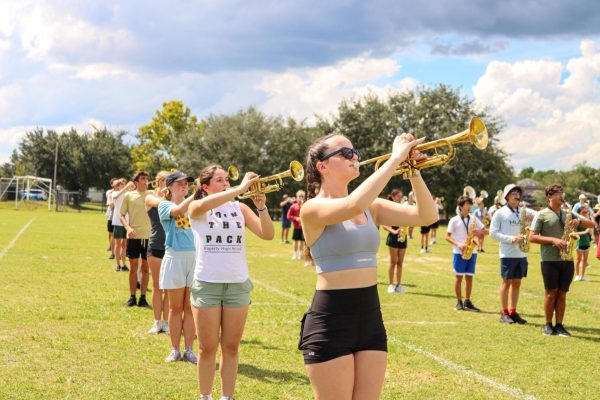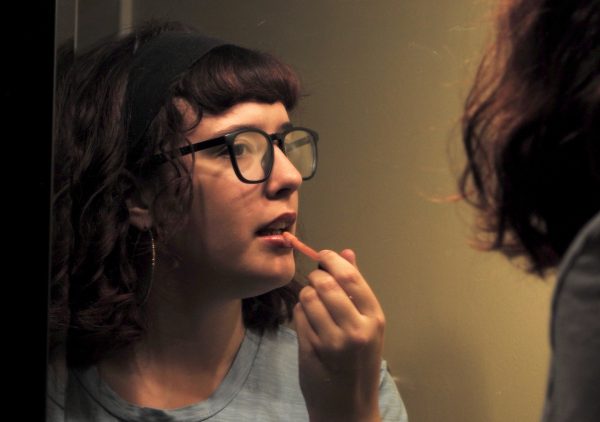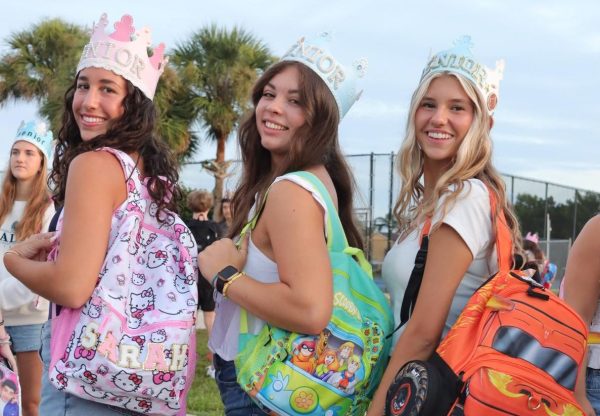Looking to the stars
When sophomore Claudia Allocca opens her social media, she is greeted with more than the typical posts from her friends and celebrity gossip. Sprinkled into the mix, Allocca finds something a bit more profound-bits of information, advice and predictions provided for her by one of the daily horoscope accounts that she follows. While she sometimes finds the accounts “dramatic”, she also claims that “most of them actually match your personality”.
Alloca is not alone in her fascination. The movement of the stars has fascinated people for thousands of years, spawning hundreds of theories about the effects of these astrological phenomenons. Among the most popular of these theories is the idea of horoscopes and zodiac signs, which theorize that the position of the stars and planets at the time of your birth can affect personality and life events. According to Astrology.co.uk, 25 percent of Americans believe in astrology to some extent. Students are no exception, and they have found comfort, interest or strength in these phenomena.

“I change my mentality depending on my horoscope,” Emalin Priore said. “It gives me a better outlook on life and helps me go down the right path.”
The basic premise of horoscopes is that human behavior and experience can be predicted based on the stars. Often horoscopes rely on zodiac signs based on a person’s birthday to distinguish their predictions. Horoscopes can range from short statement of personality to predictions about what events will transpire.
Reasons for turning to horoscopes are as varied as students themselves. While some look only for entertainment, others take the words to heart, finding meaning and understanding in the predictions. For Kate Schuck, horoscopes and zodiac signs were simply a way to connect with a friend who was deeply interested in the subject.
“Before he got me interested, I never checked. I didn’t even know what my zodiac sign was,” Schuck said.
Ever since becoming friends with this kids, Schuck has taken an interest in her horoscope. While she doesn’t spend all her time reading about astrology, her interest in the subject had persisted despite her friend’s graduation. Ever since he gained her interest with a fancy book explaining astrology, Schuck has checked her horoscope independently about once a month.
Others turn to zodiac signs in times of need. Priore started reading her horoscope about a year ago, when she “felt lost in life.” For many, the idea that stars play a role in determining fate can be comforting, and the relatability of the words can make them feel understood or make their attitude and feelings seem normal.
“It helped me figure out why I get certain ways, and how to prevent feeling worse.” Priore said.
Horoscopes need not be believed to be a part of a person’s life. Many people read their horoscope merely for entertainment. This is made simple by the widespread use of technology. Rather than seeking advice from those who know how to read the stars or waiting for a newspaper to give them a prediction, curious students need only check their social media accounts to receive instant horoscopes. Students such as Alloca have no need to buy expensive books and materials or even open up a physical newspaper to receive updates on their horoscope.
This technological gap may be the reason that an increasing number of young people and those of the newer generations are turning to horoscopes. According to the National Science foundation, the number of people who believe horoscopes have at least some scientific merit is higher than it has been since 1983. Until recently, this number decreased as time passed, but there has been a recent uptick in belief and following of these zodiac signs in recent years.
“I guess it’s just a neat thought that the stars hold your fate, even though the horoscopes don’t usually come true.” Schuck said.
Your donation will support the student journalists of Hagerty High School. We are an ad-free publication, and your contribution helps us publish six issues of the BluePrint and cover our annual website hosting costs. Thank you so much!

